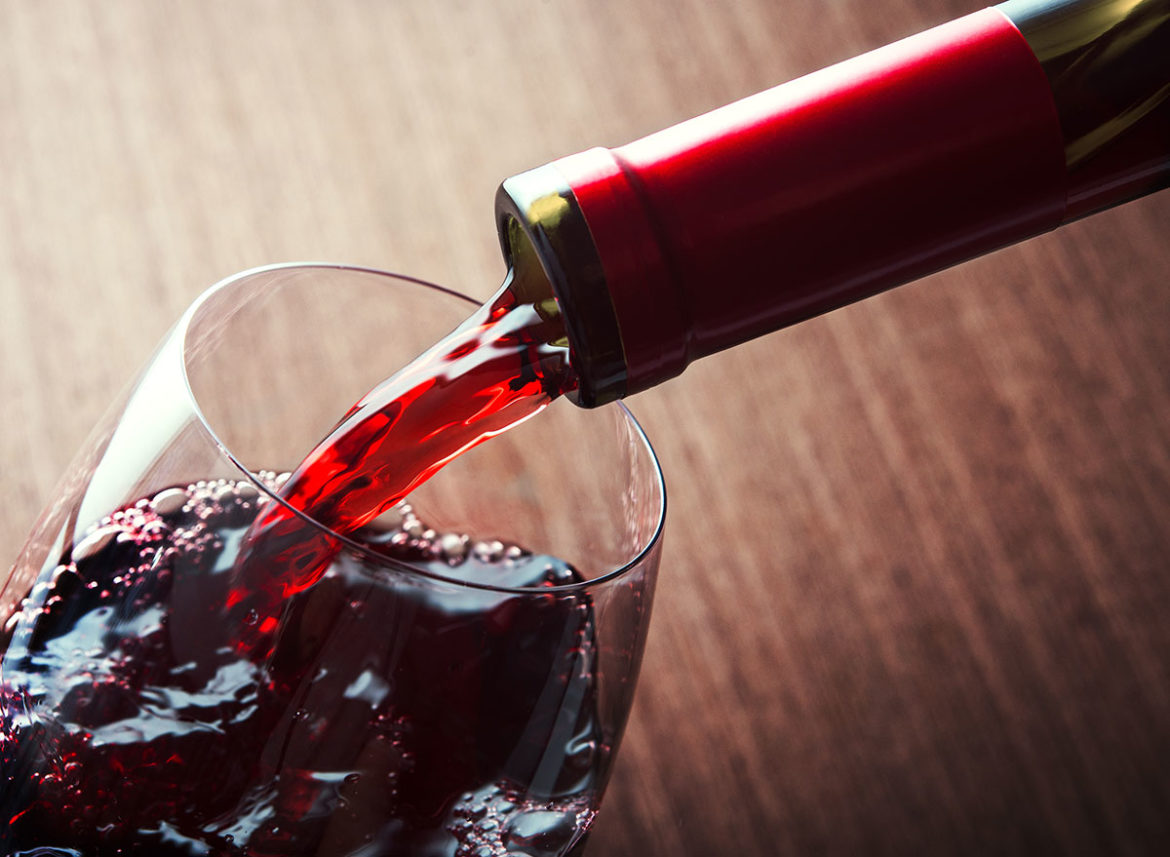“Unlike fine wines, eyesight doesn’t improve with age.“
A new study finds that low to moderate alcohol intake may help prevent age-related eye trouble, particularly among those who consume red wine.
The following written content by Shawn Zylberberg
Unlike fine wines, eyesight doesn’t improve with age. Over the course of years, age-related visual impairment can be worsened by cataracts, which occur when the eye’s lens becomes cloudy. It can make things look blurry, hazy or less colorful, and surgery is often necessary. But a new study has found a link between low to moderate wine consumption and reduced risk of requiring cataract surgery.
Past research has found evidence of a connection between red wine and clear vision, but this study, published in the American Academy of Ophthalmology, addresses the inconsistencies of past studies and is the largest of its kind.
Lead researcher Dr. Anthony Khawaja and a team at the University College London’s Institute of Ophthalmology and NIHR Moorfields Biomedical Research Centre analyzed the association between alcohol intake and the incidence of cataract surgery in two extensive sets of research data: the UK Biobank and the European Prospective Investigation of Cancer (EPIC)-Norfolk. The UK Biobank cohort consisted of 470,000 participants, ages 40 to 69, while the EPIC cohort included 23,000 participants, ages 40 to 79.
Researchers used questionnaires to assess alcohol intake, where one unit was equivalent to one typical glass of wine. Participants chose from six drinking-frequency categories: never, special occasions only, one to three times a month, one to two times a week, three to four times a week and daily. Incidents of cataract surgery were determined via hospital records.
In both cohorts, the results showed that alcohol drinkers were less likely to undergo cataract surgery than nondrinkers. But there was an increase of cataract surgery risk for those with the highest frequency of alcohol intake. Read more from Wine Spectator.





